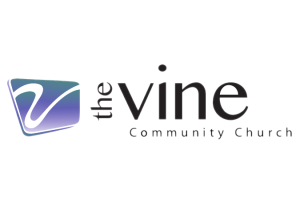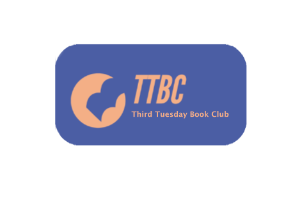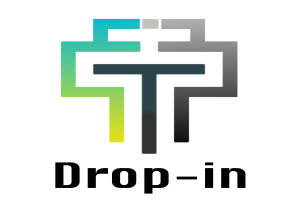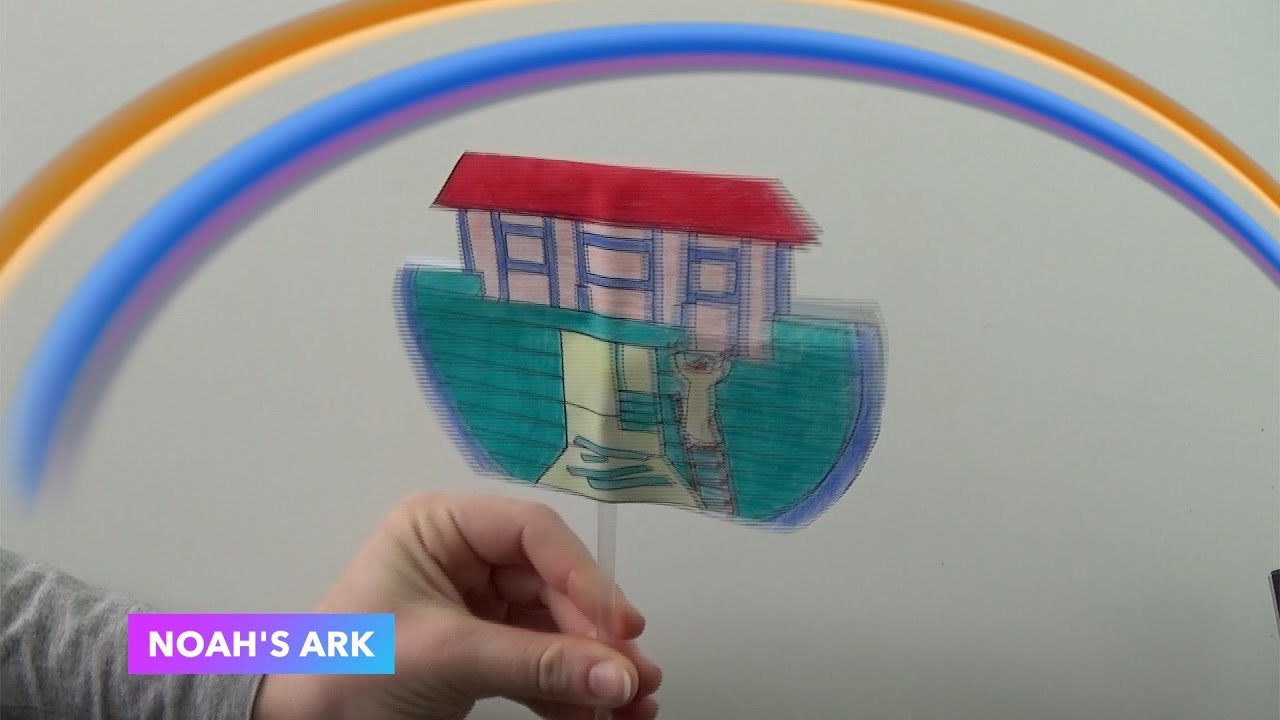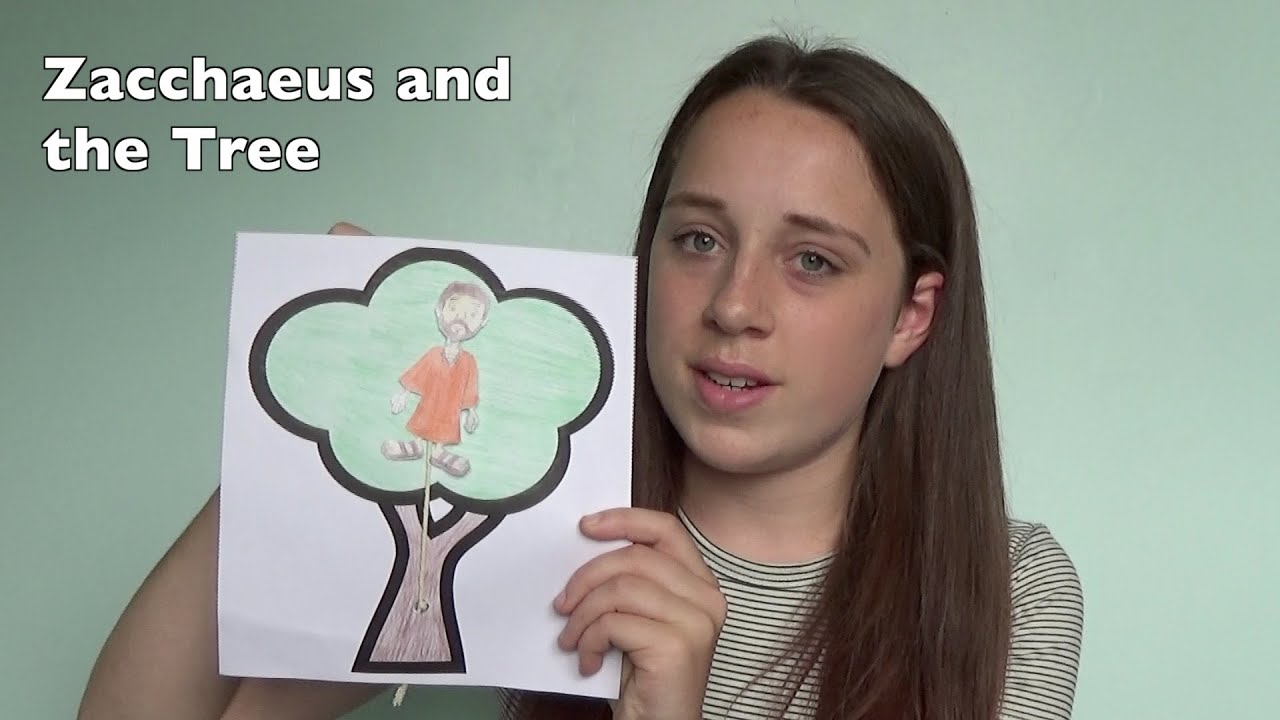


The Vine at a Glance
- Online Sunday Morning Meetings
- In person Sunday Morning Services
- Vine events and services
- Community Response
-
Join us in person or online for our Sunday Service.
We would love to welcome you this Sunday at 11:00am.
The best way to keep up-to-date with changes is by subscribing to our Newsletter or join us on social media.Catch up on previous services on our Watch Again page or watch on our Youtube Channel
-
We would love to welcome you in-person this Sunday at 11:00am.
The style of worship at the Vine is contemporary and informal. The range of music is wide and varied from lively and loud praise to quieter worship songs. Worship is led by members of the worship team and often comprises of drums, keyboard, guitar or Ukele. Everyone is encouraged to take part no matter how off key you might think your voice is.
At the Vine, we try to use language that is appropriate to the situation. So if someone is reading an account from the past it may have thee' and thou's in it but for the most, we use contemporary language and we read from a number of Bible translations including the Christian Standard Bilbe (CSB), the New International Version (NIV), the Message,
The New Living Translation (NLT), and even the KJV.On most weeks we have Shiners our Sunday Morning Childrens work, find out more about our what to expect at our Sunday Morning Meetings
The best way to keep up-to-date with changes is by subscribing to our Newsletter or join us on social media.Catch up on previous services on our Watch Again page or watch on our Youtube Channel
-
A sample of activities that take place.
- In person Sunday Services that are also available online.
- Shiners our childrens work runs during the service
- Online Sunday Night Prayer via Zoom
- Monday morning Prayer
- Midweek connection groups
- Midweek Studay grous
- Assist One-to-one Support
- Post Office Outreach
- Library Service
- TST Kids club for primary age children- also see our Facebook page
- TTT Youth Drop-in
- Uniform Exchange
- The Gathering Place - Wellbing group
- Assist Dementia group.
- In person Sunday Services that are also available online.
-
Can we Assist you?
Who we are:
Assist is a set up to facilitate support to those who have no one else to help them during times of difficulty or crisis. Have you ever felt you needed someone to speak to but didn't want to bother anyone? Do you feel isolated or lonely and you want someone to talk to? Perhaps you don't know where to turn for advice or help.
Maybe you are bereaved, recovering from illness or struggling with debts or living with Dementia. Whatever the issue we are here to help and if we can't help we will find someone who can.Contact Assist on 01522 370164 and contact@assistlincs.org.ukIf it is a life-threatening emergency please call 999. If you are having a mental health crisis click hereVolunteers:
We have a range of volunteering options with the library and Assist, contact us to find out more contact@assistlincs.org.uk
Vine Life
The Most Ordinary Angels Bring Good News

At Christmas, angels seem to appear everywhere: on cards, at the top of trees, and in shop windows. But in the very first Christmas story, the angels didn’t appear as decorations or distant figures. They turned up in the most ordinary of places, a quiet hillside, a carpenter’s dream, a young girl’s home. And what were they doing? Bringing news, good news that would change everything.
To Mary: “You will give birth to a son.”
To Joseph: “Do not be afraid.”
To shepherds: “I bring you good news of great joy that will be for all the people.”
What stands out about these heavenly messengers is how unremarkable they often appeared. While some were dazzling, many simply blended in with those around them. Regardless of their appearance, they encountered people during everyday moments as they went about their lives, bringing important messages to those who needed to hear. There's something meaningful we can take from that example.
Most of us don’t have world-changing announcements to make. Our “news” might just be a Christmas card, a quick text, a call to check in, or a doorstep visit. But often it’s not the scale of what we share that matters. It’s the act of reaching out at all. A few words, a small kindness, a sign that someone has been remembered, can bring real warmth and light to another person’s day. In that sense, we can all be “angels” — ordinary people who carry messages of care, hope, and connection. Because for many, Christmas can feel lonely, or bittersweet, or just a little too quiet. When we make the effort to write, visit, or call, we remind someone they are not forgotten.
The Gospels angels’ message, though, was truly extraordinary: “Glory to God in the highest, and on earth peace and goodwill toward men.” - Luke 2:14.
The great news, is that light still shines today, it tells us that peace and goodwill are not just ideals, but gifts that God still offers the world through Jesus, whose birth the angels first announced. So, as you share your own good news this Christmas, however small, remember, you might be someone’s angel. You might bring light, comfort, or a smile that changes a day for the better.
If you’d like to hear again the angels’ story of peace, joy, and hope, you’re warmly invited to celebrate at one of the Christmas events in Cherry Willingham from carols and Christingles to reflective and family services, there’s something for everyone.
Merry Christmas from the Vine and all the churches in Cherry Willingham — may you know peace, goodwill, and good news this season.
![]()
Press Pause: Discovering How to Live Life to the Full
 Have you ever noticed how busy life has become? We rush to work, rush home, rush to relax and somehow still end the day exhausted. Someone once said, “We lose our health to make money, and then we lose our money to restore our health.” Sadly, it’s funny because it’s true. We chase happiness in new phones, bigger houses, or longer holidays, yet somehow contentment keeps slipping through our fingers. It’s as if we’re living life on fast-forward, without ever pressing “play”. That’s the sort of question we’ve been exploring in just10 — a series at The Vine Centre about how the Ten Commandments offer timeless wisdom for living life to the full. Far from being a list of “don’ts,” they’re ten principles for living well in a complicated world.
Have you ever noticed how busy life has become? We rush to work, rush home, rush to relax and somehow still end the day exhausted. Someone once said, “We lose our health to make money, and then we lose our money to restore our health.” Sadly, it’s funny because it’s true. We chase happiness in new phones, bigger houses, or longer holidays, yet somehow contentment keeps slipping through our fingers. It’s as if we’re living life on fast-forward, without ever pressing “play”. That’s the sort of question we’ve been exploring in just10 — a series at The Vine Centre about how the Ten Commandments offer timeless wisdom for living life to the full. Far from being a list of “don’ts,” they’re ten principles for living well in a complicated world.
Over the past few weeks, we’ve looked at ‘How to Find True Contentment’, and it struck a chord with many people. J.John’s reminder that materialism brings “worry, weariness, and gloom” hit home — as did his simple antidote: look beyond what’s temporary, learn to give generously, and remember your worth. One person summed it up perfectly afterwards: “It was refreshing to be reminded that we already have enough to be grateful for, we just forget to notice it.
”We’ve also talked about ‘How to Hold to the Truth’ — a session that encouraged honesty not as harshness but as kindness. It turns out truth really does hold our relationships together. When we lose truth, we lose trust, and without trust, life becomes pretty thin. The conversations around gossip, integrity, and the power of our words were both challenging and freeing in equal measure.
And last week’s ‘How to Prosper with a Clear Conscience’ helped us think differently about success. Rather than chasing wealth or shortcuts, we explored how integrity, hard work, and generosity bring a deeper kind of prosperity, the kind that lets you sleep soundly at night. As one participant put it, “I realised I want to be rich in peace, not just pounds.”
Each week has opened up new perspectives and there’s plenty more to come. Over the next few sessions, we’ll be exploring everything from managing anger and repairing relationships to preventing burnout and rediscovering what really matters. The atmosphere is relaxed and friendly, more café than classroom; with time to chat, reflect, and enjoy a cuppa along the way.
So, if you’ve ever wondered whether there’s more to life than rushing from one thing to the next, why not join us for just10. You don’t have to be religious, just curious. Each Sunday 11:00am through October and November. Refreshments throughout and separate kids themes, something for everyone.
![]()
Featured Events
Our Partners




